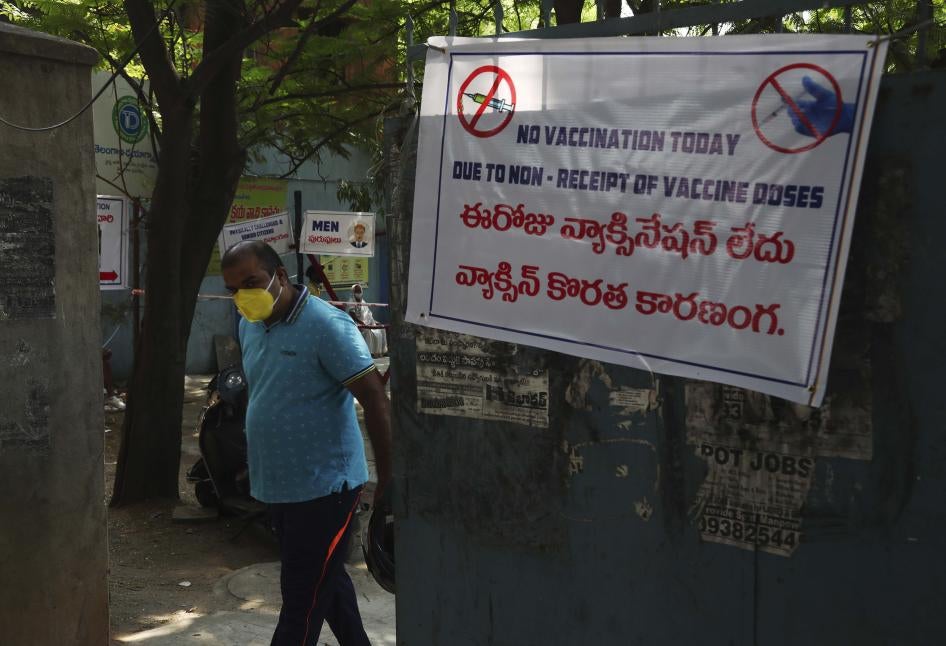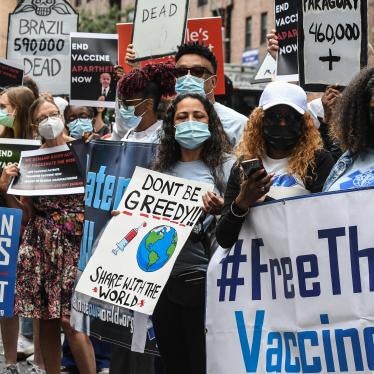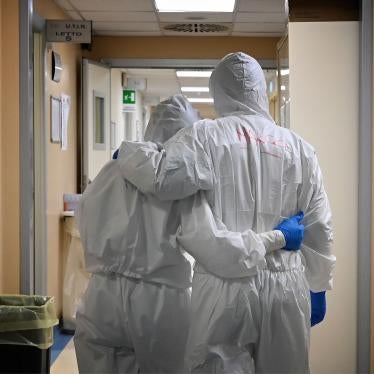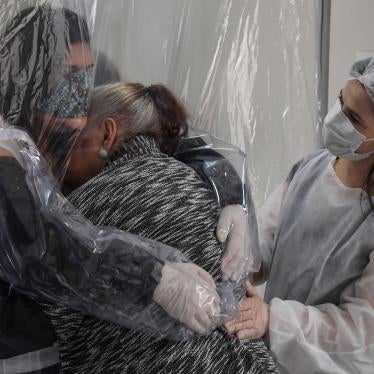Talk of “vaccine hesitancy” has become prevalent in conversations surrounding Covid-19 vaccine coverage around the world. Unfortunately, those who hesitate or resist vaccination are too often treated as the source of the problem. Reality is more complex. Many of the conditions that deter or prevent people from getting vaccinated are also classic barriers to wider healthcare access, which governments have a human rights obligation to address. But widespread inappropriate or inaccurate uses of “vaccine hesitancy” can obscure those obligations, ignoring the underlying problems and undermining the right to health.
An article I co-authored on this issue with medical anthropologist Harris Solomon, explores the importance of considering context and the rights of people impacted by conditions that contribute to vaccine hesitancy. We issue three cautions: First, blame and punishment aren’t effective public health strategies; second, targeting hesitancy risks missing wider problems; and third, the meaning of “fully vaccinated” itself is changing.
The right to health applies to everyone, whether they are vaccinated, clamoring for a vaccine, considering it, or facing barriers to getting one. Governments have international legal obligations around making vaccines available and accessible to everyone. But availability and accessibility are not the same thing, especially for marginalized populations that may already face discrimination and barriers to care. Authorities need to pay attention to the dynamics of access: How has accessibility of health services in the past impacted specific groups? What evidence of health impacts from barriers to access can be identified? Are Covid-19 vaccines available? For whom? Since when? Who is distributing them?
Likewise, governments have an obligation to combat the harmful disinformation that erodes confidence in vaccines. The United Nations Committee on Economic, Social, and Cultural Rights explained that “States must also establish protective measures in relation to messages from pseudoscience.”
Vaccine reluctance or resistance is not a simple or new phenomenon. Improving a government’s protection of the right to health for everyone can erode barriers that create vaccine hesitancy and promote trust and confidence in vaccine delivery as one of many available and accessible health care services.










